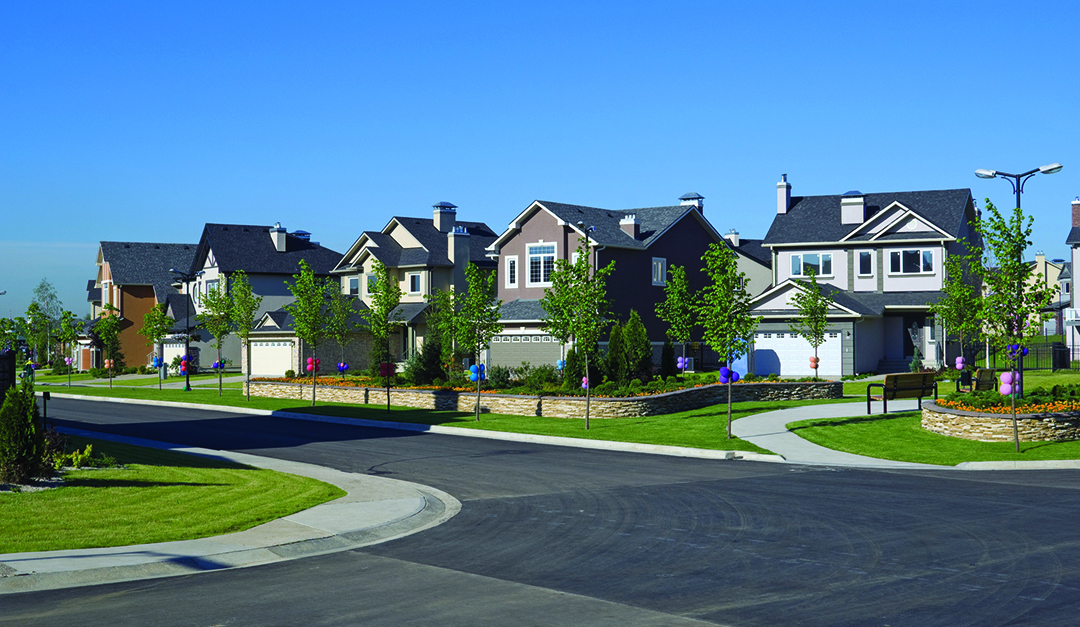Ever since the pandemic took hold, agents around the country have seen an increase in the number of buyers who have started thinking more seriously about buying in the suburbs. At my brokerage, we have seen some of these buyers wholeheartedly embrace the idea of buying a home outside of an urban center, but there’s still a sizable group that’s reluctant to follow through on the sale even though they see all the benefits of the new trend. They’ve ended up delaying their home purchase for much longer than they needed to while they wait and see if the situation changes enough to buy a city home. My team has found a few ways to help these buyers move past their hesitation and finally make a decision.
Their main concern is that they’re far away from all the urban amenities (i.e., great restaurants and nightlife). A way to reframe this is to point out how much more space they’ll have to entertain friends for more than just a night on the town. They’ll be able to keep much closer connections to friends and family by having room for them to stay, and if it’s delicious meals they’re after, there’s enough space to bring take-out home and spend the whole evening together (instead of being rushed by a waiter who wants to turn a table over to the next guest).
Many of these undecided buyers also think they’ll regret the decision and wish they had bought a condo in the city, but they worry that the prices will have risen too much by then and they’ll be priced out of the neighborhoods where they wanted to buy. This is where a real estate agent’s expertise can come into play since a single-family home will appreciate more quickly than a condo in most markets. If you point out the neighborhoods where prices are rising, there’s a good chance that your buyers will have more purchasing power for a city condo if they sell their suburban house in a few years rather than if they bought a condo now.
It can also help to point out that in cities, people rarely know their neighbors, and after a few years, it can start to be a lonely existence. But in the outer neighborhoods, people are more likely to become part of a community and have a network to tap into when times get tough. Just because there are more people in a city doesn’t mean you will know more people. Many buyers find they have more connections to people when they move outside of town rather than if they stayed close to densely populated areas.
While the suburbs aren’t going to see an influx of nightclubs anytime soon, they can still meet the needs of buyers who are convinced that city living is for them. The greater amount of flexibility that comes with a home away from the center of town can provide some of the same benefits they were after, and getting them to come around is sometimes as simple as pointing out a new perspective.
 Allen Alishahi is president of ShelterZoom. For more information, please visit www.shelterzoom.com.
Allen Alishahi is president of ShelterZoom. For more information, please visit www.shelterzoom.com.











